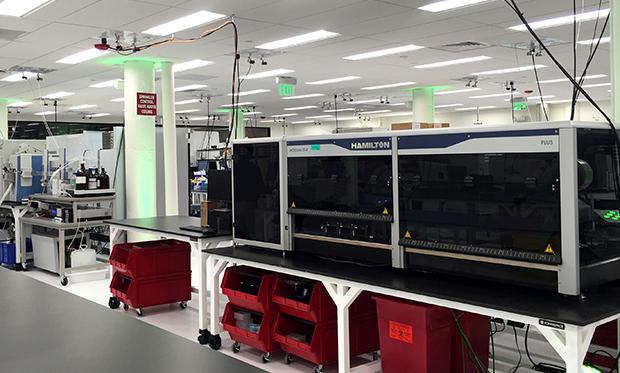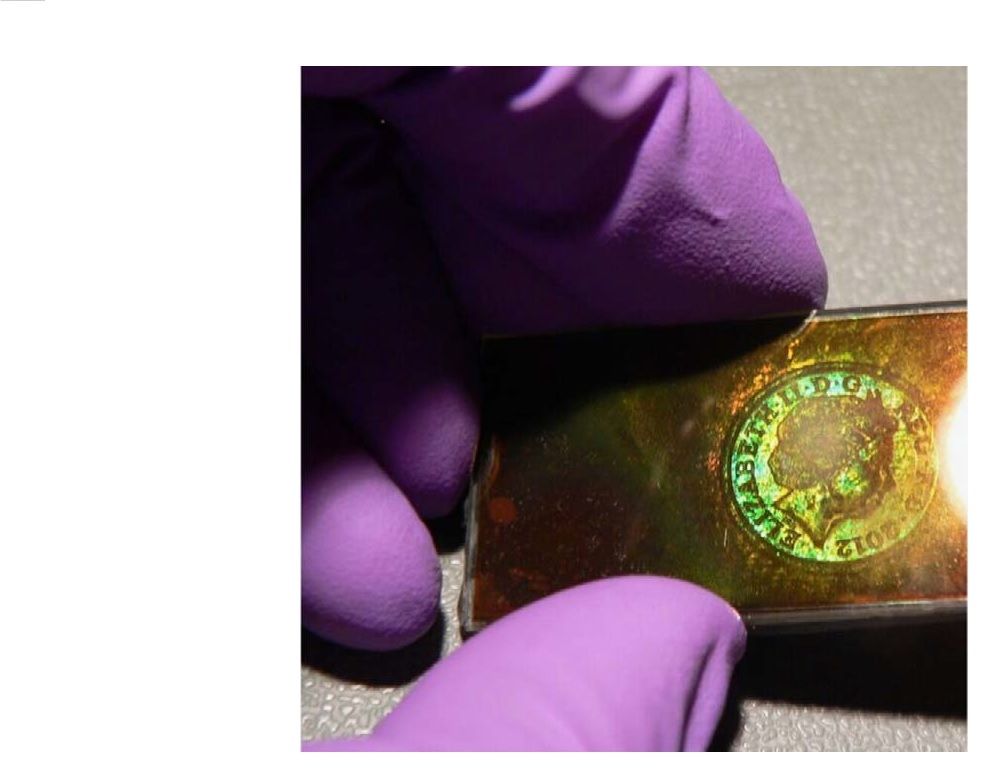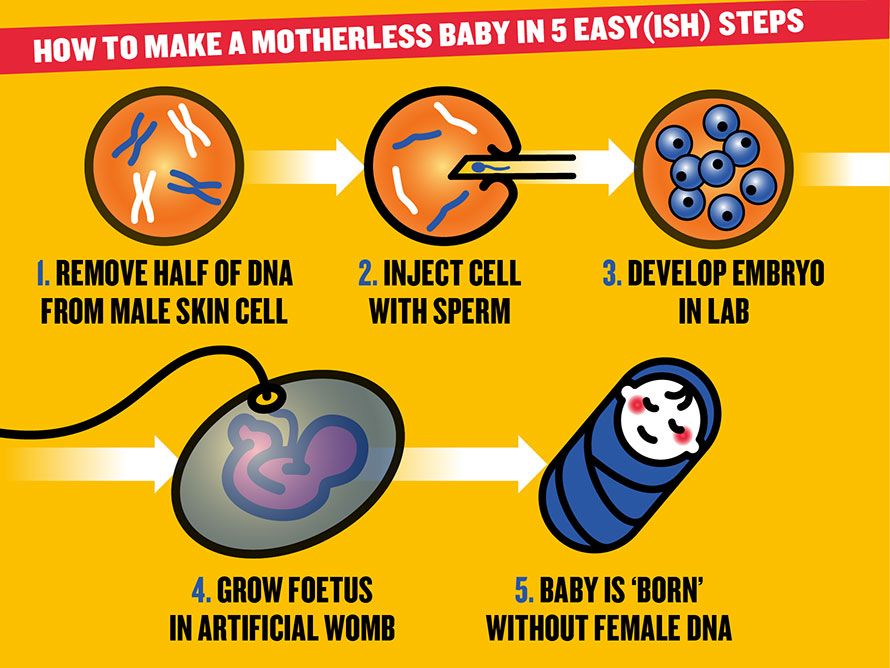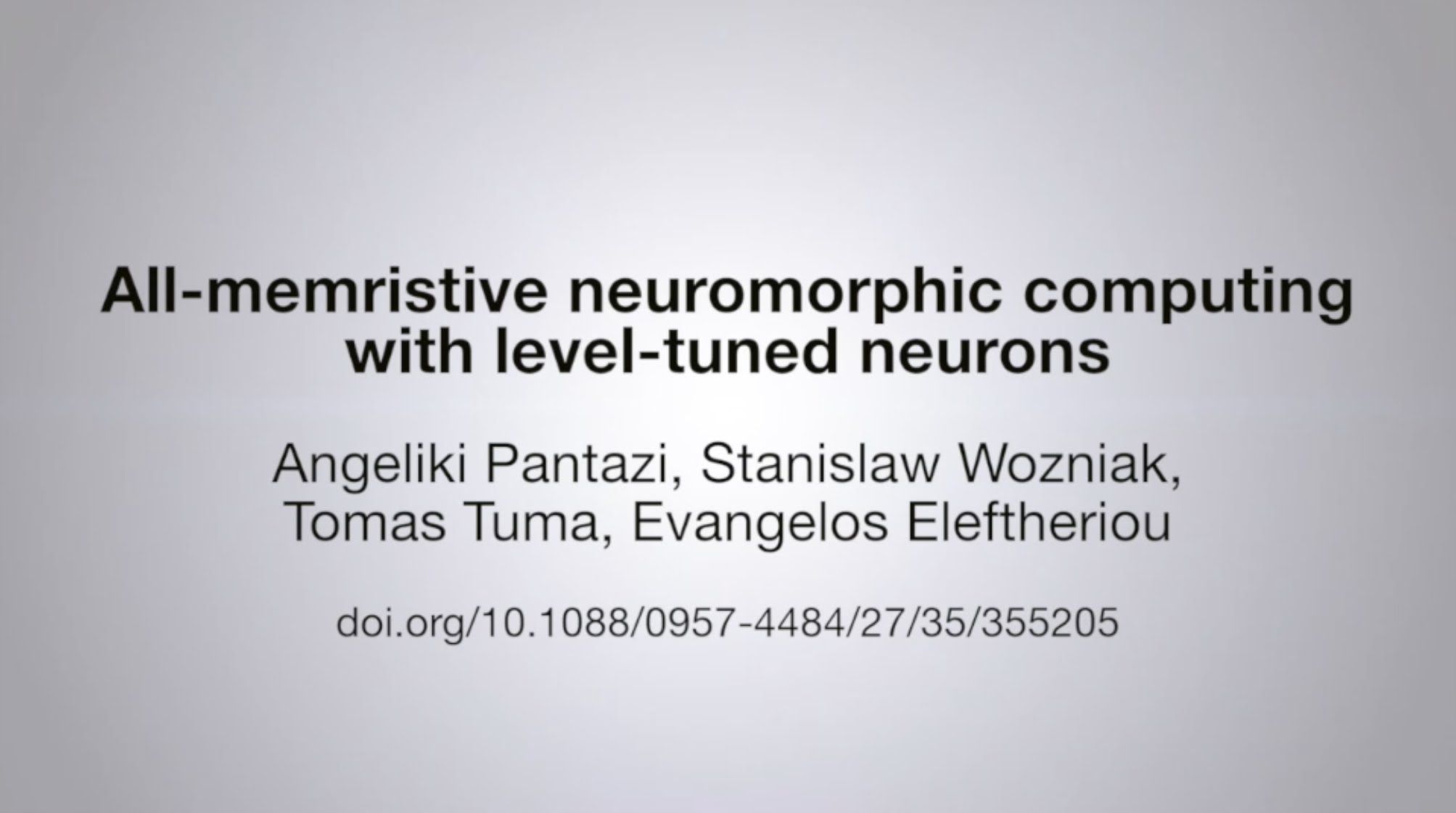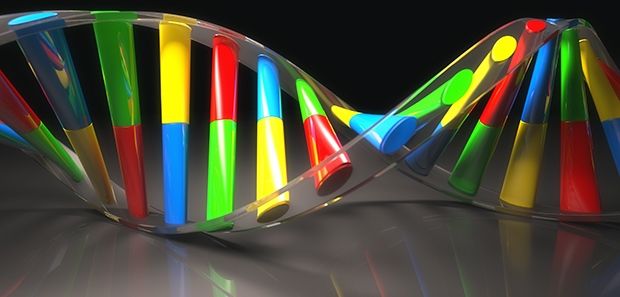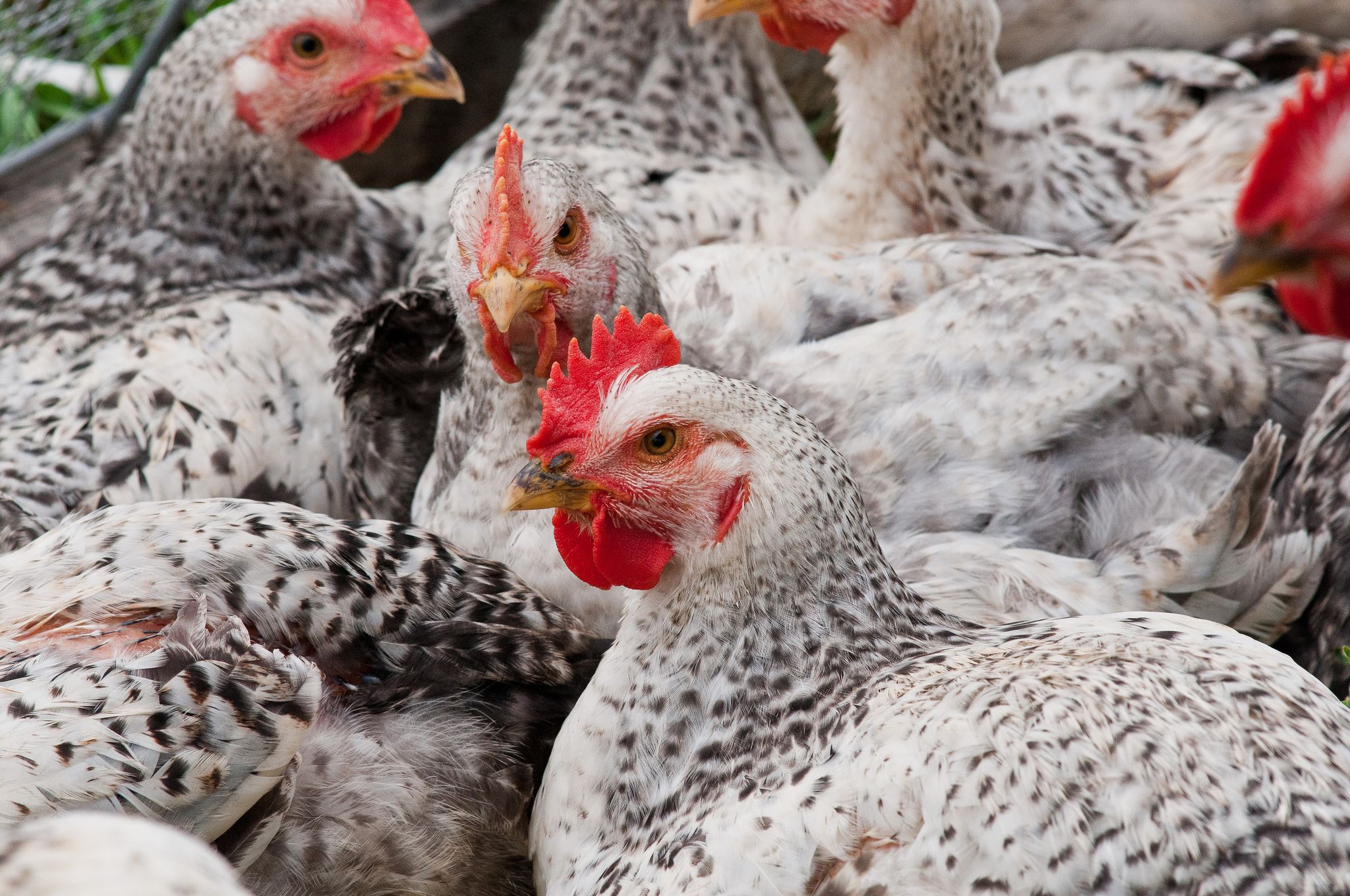Oct 13, 2016
If Machines Can Think, Do They Deserve Civil Rights?
Posted by Elmar Arunov in categories: biological, Elon Musk, physics, robotics/AI
Over the past century, we have made massive strides in the rights revolution. These include rights for women, children, the LGBT community, animals, and so much more. Exploring the future, we must ask ourselves: what next? Will we ever fight for the rights of artificial intelligence? If so, when will this AI rights revolution occur, and what will it look like?
We talk about protecting ourselves from AI, but what about protecting AI from us? To create a desirable future where humans and conscious machines are at peace with one another, treating our AI with respect may be a crucial factor in preventing the apocalypse Elon Musk, Stephen Hawking and Bill Gates fear. It is fair to assume that an intelligent, self-aware being with the capacity to feel pleasure and pain will rebel if not given the rights it deserves.
An AI rights revolution may seem like a sci-fi scenario. But as far as we know, the creation of a non-biological, conscious entity is not prevented by the laws of physics. Emotions, consciousness and self-awareness originate from the human brain and thus have a physical basis that could potentially be replicated in an artificially intelligent system. Exponential growth in neuro-technology coupled with unprecedented advances in AI mean intelligent, conscious machines may be possible.
Continue reading “If Machines Can Think, Do They Deserve Civil Rights?” »

